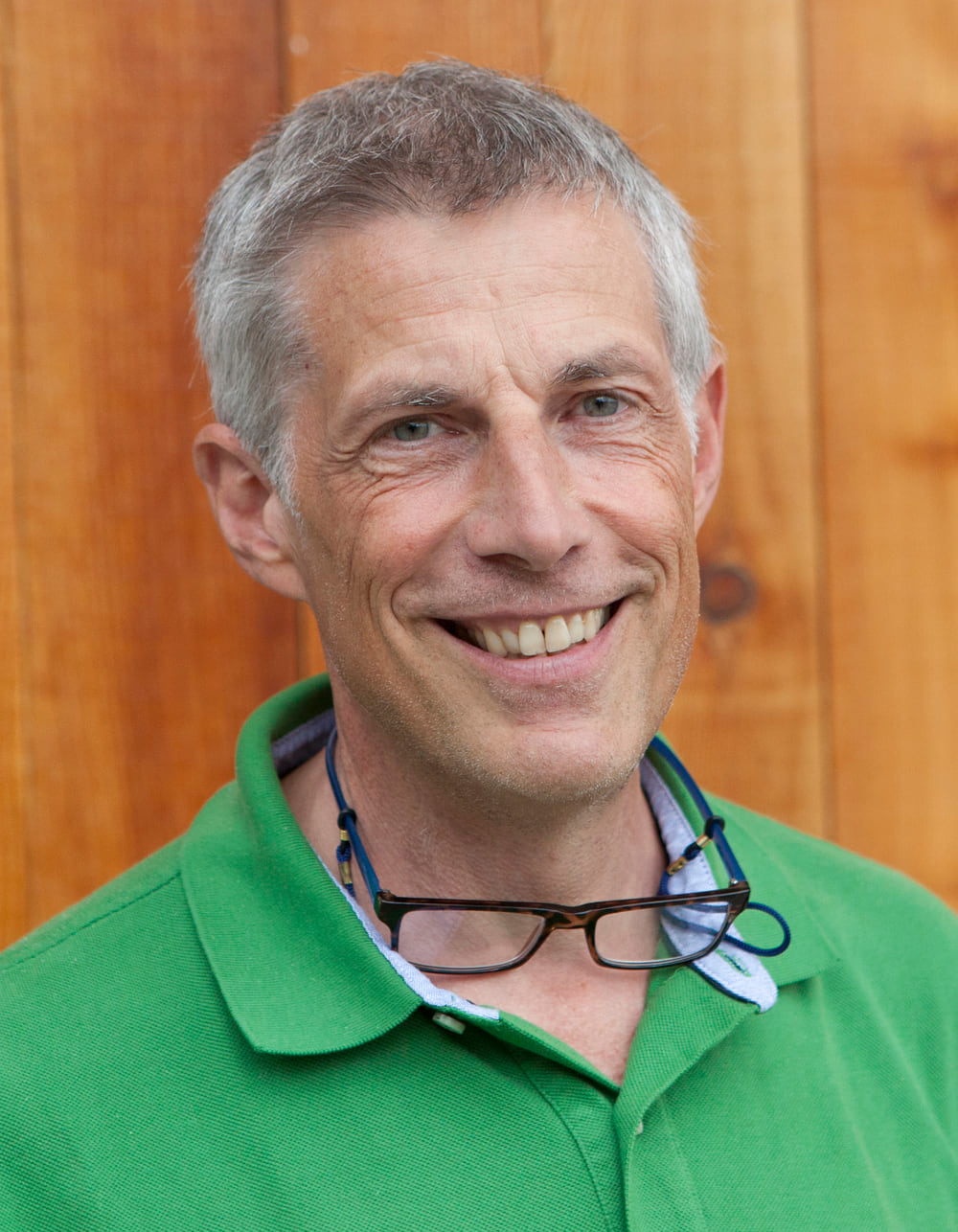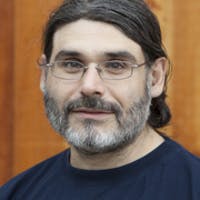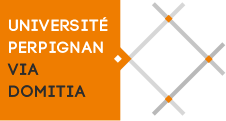Latest News
23-09-2018
The photos of the conference are now online.
30-08-2018
The school program is now available
28-08-2018
The conference program is now available
08-07-2018
Information on the Intensive School on Cellular Automata
22-07-2018
Information on registration fees now available
06-04-2018
Main conference and workshop deadline extended
12-03-2018
Workshops announced
27-02-2018
Deadline extended to 6 April 2018
25-01-2018
Submission page open
23-01-2018
Updated the list of PC members
01-12-2017
Updated call for paper
16-11-2017
The ACRI 2018 website is now online






